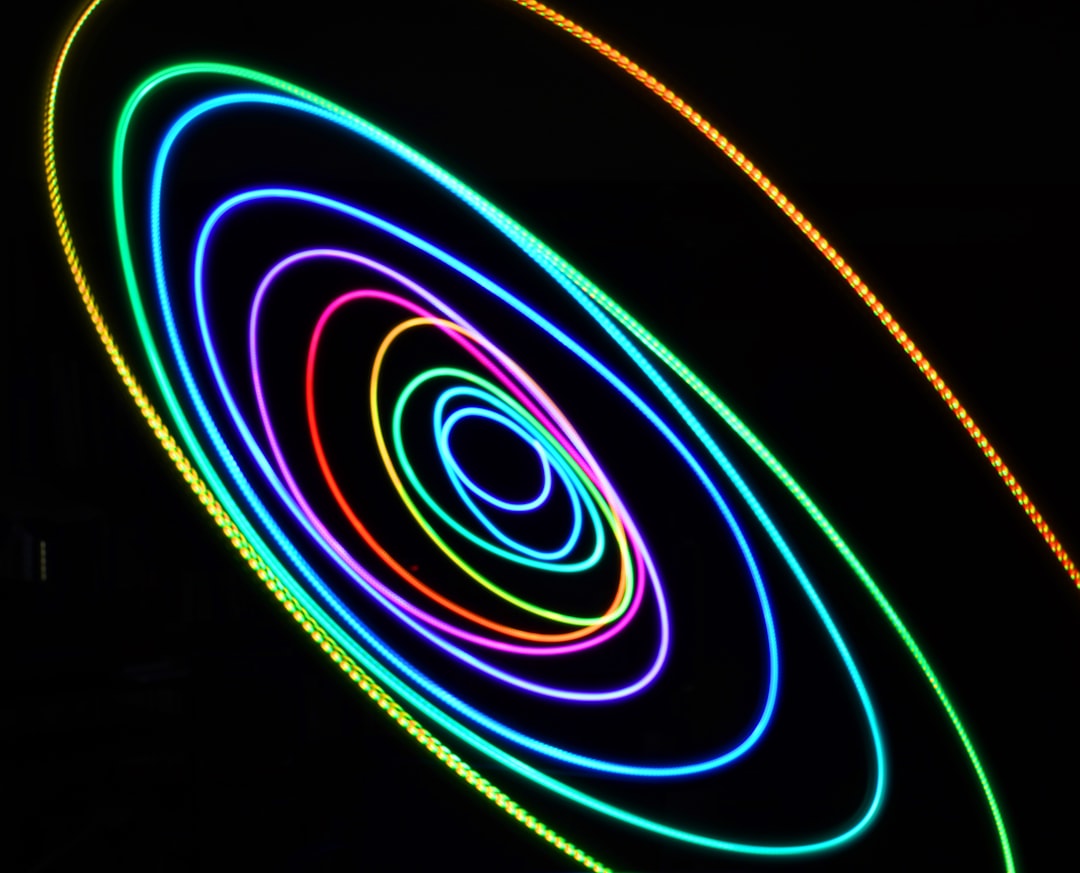What is it about?
In this paper, we study the performance of the energy detector when considered for binary hypothesis decision fusion in underwater acoustic wireless sensor networks with a multiple-access reporting channel. Energy detection is appealing in terms of computational complexity and limited system knowledge requirements, i.e., channel state information, signal-to-noise ratio, and local performance of the sensors are not needed at the receiver side, then the interest for performance assessment over underwater acoustic channels arises. Here, we demonstrate that energy detection may be applied with good results to underwater sensor networks. The impact on the performance of various design parameters is considered, including sampling frequency, number of transmitting sensors, and number of receiving elements (hydrophones).
Featured Image
Read the Original
This page is a summary of: Energy Detection for MIMO Decision Fusion in Underwater Sensor Networks, IEEE Sensors Journal, March 2015, Institute of Electrical & Electronics Engineers (IEEE),
DOI: 10.1109/jsen.2014.2364856.
You can read the full text:
Contributors
The following have contributed to this page










